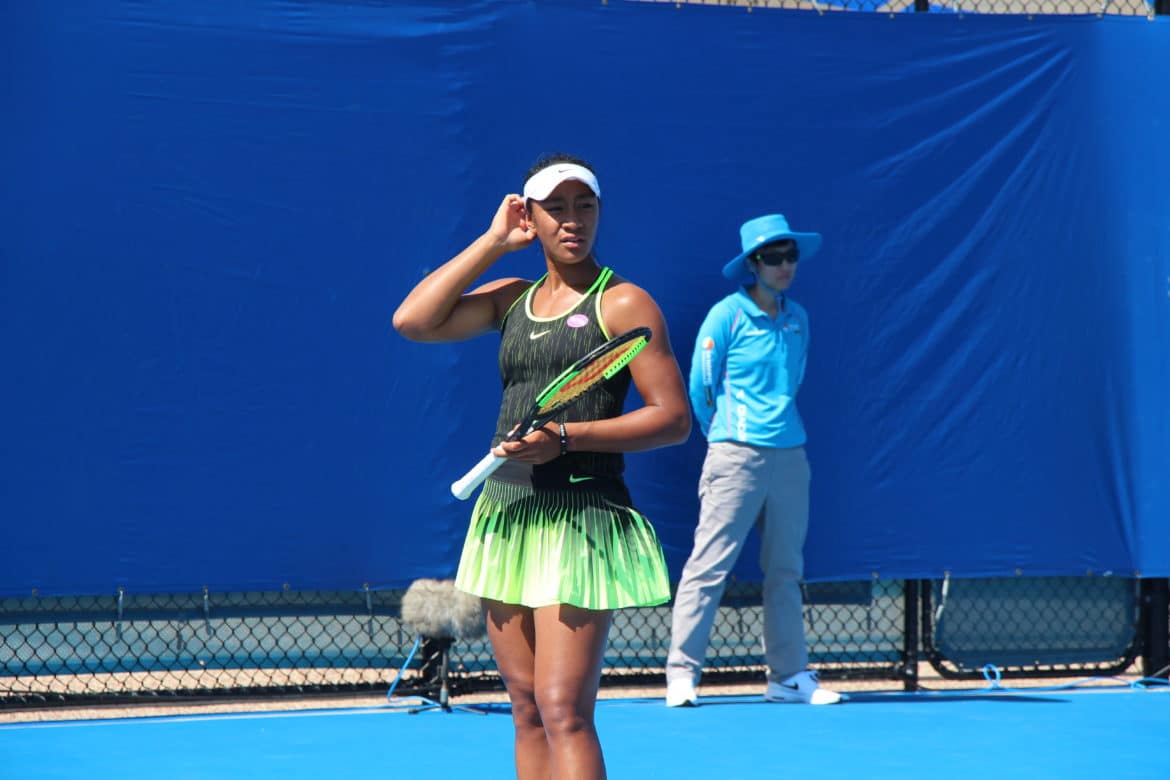The majority of junior parents were not professional tennis players so will look to seek answers for the correct tournament pathway from various sources. A question many coaches get is should my daughter be playing up? Playing up means a junior player competes in a tournament against older athletes or higher ranked athletes.
It really depends on the situation. Sometimes players are struggling against “moon ball” type players in the younger age groups and they do a lot better against older and stronger players who hit through the ball. There are players who are exceptionally good at an early age and move up though the levels of competition at a very fast rate. Jennifer Capriati was one of those, as a teenage protege she reached the semi finals of the U.S. Open at the age of 14. It’s clear to see that a player in this circumstance needs to play up. But for most players it’s quite a grey area.
Trust your private coach. Parents have watched a lot of tennis and do become students of the game. But when you are paying a coach to help your daughter reach her potential it’s a good idea to trust them. Experienced and qualified coaches know when it is time for your daughter to play up.
Allowing your daughter to play up because there is less pressure is not a good idea. Players need to learn how to compete, and how to win (against all types of competitors). Removing pressure will not teach them how to win those matches that they should and this can teach them to play “not to lose” which is something very difficult to undo. What happens when she does eventually transfer into the Junior Grand Slams/Pro Circuit and is a seeded played but has never experienced playing against someone she “should” beat? You will hit the same wall that could have been overcome if the athlete had learnt how to win when there was expectation and pressure.
Results can play a big part in a girl’s confidence and identity. If there is a sole focus on playing up and the athlete is not winning any matches, this can do more damage over time.
Girls should look to play their own age group until they are showing consistent results in their own age group (winner/finalist/semi-finalist) and are proving capable of beating athletes they are expected to. An annual tournament plan should be compromised of a combination of tournaments in your own age group, and ones where you play up. The plan should also have scope to adjust tournaments if needed based on results.

